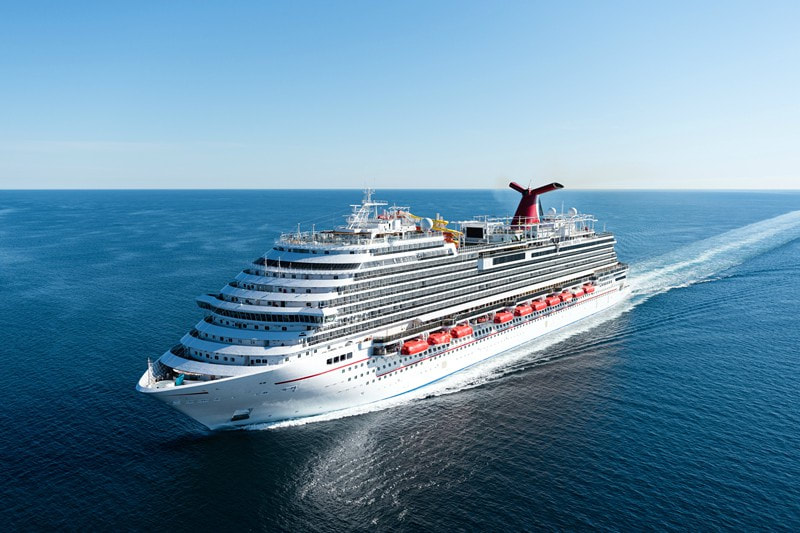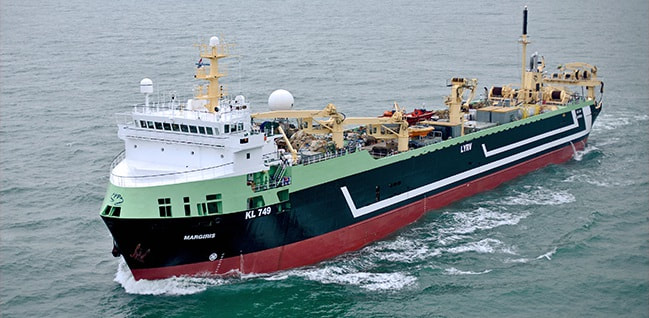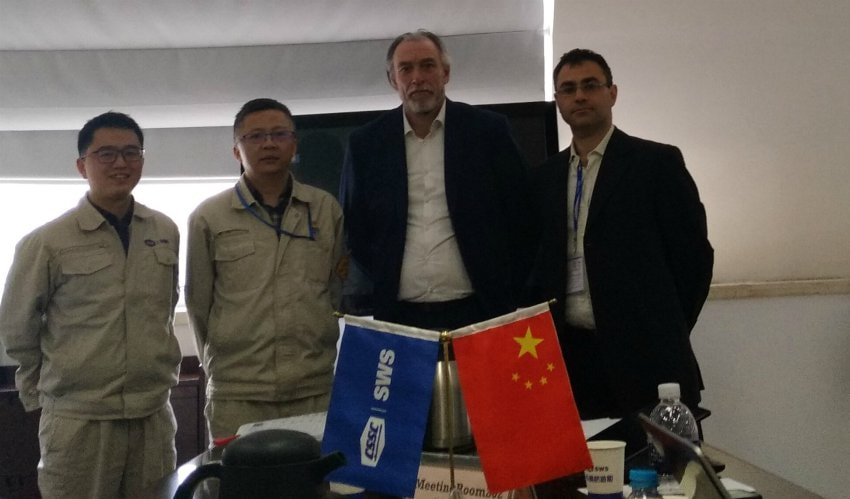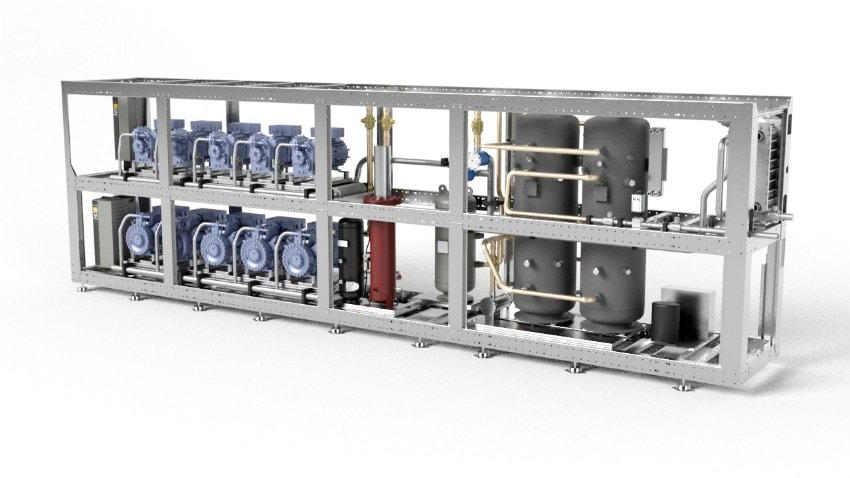22 August 2019
|
| GEA will supply its new transcritical CO2 refrigeration technology for the first cruise ships to be built in China. The first of two ships for Shanghai Waigaoqiao Shipbuilding (SWS) will be delivered in 2023 and will work for the new Chinese brand, CSSC Carnival Cruise Shipping. |
| | The agreement between GEA and SWS involves the supply of energy-efficient refrigeration and freezing for all food and beverage refrigeration equipment on the two ships. GEA signed a contract last year with P&O Cruises, part of Carnival Corporation & PLC, the world's largest commercial cruise ship operator, for its transcritical CO2 technology and it has already been installed on board the 2,000-passenger vessel Arcadia. Marc Prinsen of GEA said: "The cruise market is booming worldwide. In China alone, growth to 4.5 million Chinese cruise passengers is forecast by 2020. This will be the first newly built cruise ship to be equipped with this type of sustainable technology. This is a really important reference project and we believe it will lead to a major spin-off." GEA has also equipped the trawler FV Margiris for the UAB Atlantic High Sea Fishing Company with an NH3 / CO2 cascade plant. The trawler is the second largest of its kind in the world. Prinsen added: "In recent years, many investments have been made in fishing trawlers, especially in Russia. Companies are building fewer but larger vessels, and many are in a situation where they have to renew their vessels because they are reaching the end of their life cycle. These new trawlers must meet environmental standards. We would like to help with GEA solutions." |
Content continues after advertisements











